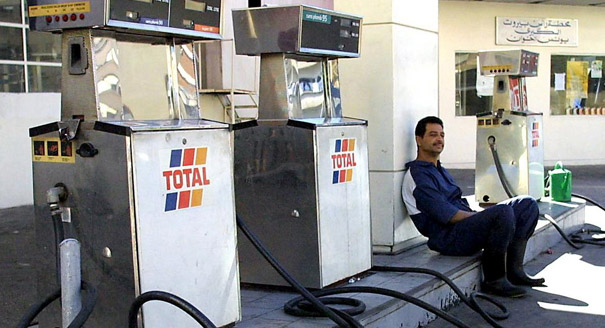Source: Institut des Finances Basil Fleihan
The Lebanese ministry of Finance is currently reviewing the taxation system in view of establishing a specific fiscal regime for petroleum activities. Such regime needs to finely define the features of the oil and gas sector and set the main framework for profit sharing of the hydrocarbon wealth between the government and the investors, whose interests diverge more often than they converge.The components of a fiscal regime are often misunderstood. Though the corporate income tax forms the system's corner stone, it remains one of numerous taxation and para-taxation tools that constitute the fiscal regime for petroleum activities in any country. Investors examine the regime in its totally, when assessing the investment attractiveness of a country.
In fact, fiscal regime of petroleum activities have become hihgly sophisticated worldwide, sharing many common features that are difficult to classify according to a specific terminology, at least from an economic perspective. The fact remains that different fiscal regimes may lead to the same desired results in terms of restrictions or overall economic outcomes. The system deign and thus consistency, including the interactions between the various fiscal and parafiascal instruments, as well as the details concerning the bundle fiscal tools imposed are far more important elements than the type of fiscal regime that is chosen.





